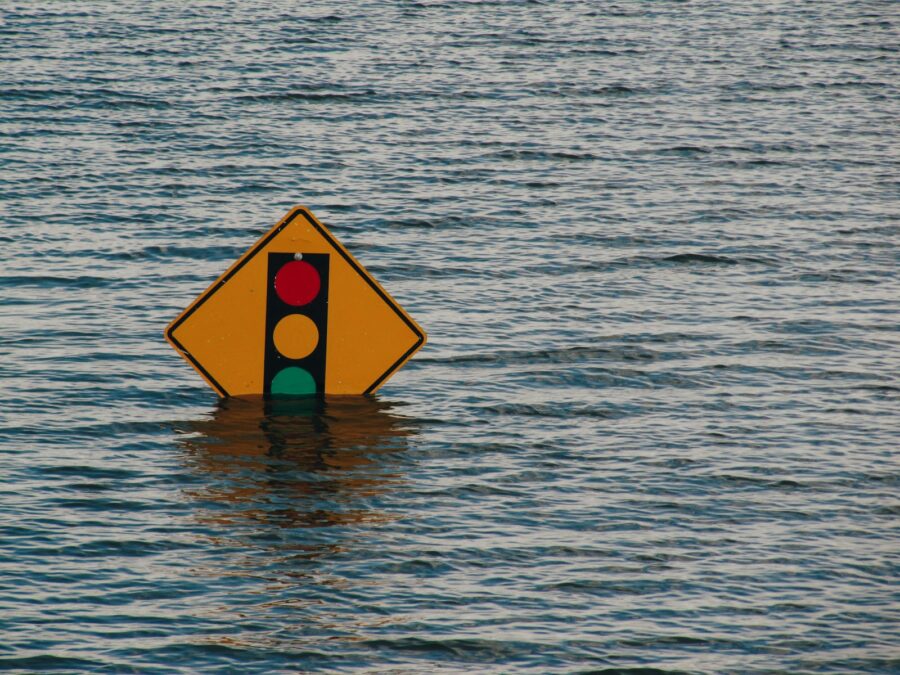Enhancing Emergency Preparedness in Riyadh and Dubai Through Advanced Technologies
Smart City Disaster Preparedness is crucial for enhancing urban resilience against unforeseen emergencies and disasters. Cities like Riyadh and Dubai are at the forefront of using advanced technologies to improve their response strategies and ensure safety for all residents.
Integrating Advanced Technologies for Emergency Management
Integrating state-of-the-art technologies into emergency management systems is pivotal for Smart Cities like Riyadh and Dubai. These technologies, including Artificial Intelligence (AI), the Internet of Things (IoT), and Blockchain, provide robust platforms for disaster response and risk assessment. AI can predict disaster impacts using historical data and real-time analytics, allowing for timely evacuations and resource deployment. Meanwhile, IoT devices monitor conditions and send instant updates to both residents and emergency personnel, enhancing situational awareness across the city.
Building a Technologically Advanced Response Infrastructure
To bolster their disaster preparedness, cities like Riyadh and Dubai have developed advanced response infrastructures that utilize the latest in technology. For example, emergency operation centers equipped with AI-driven simulations predict the fastest and safest evacuation routes during a crisis. Additionally, blockchain technology is employed to secure and streamline communication and data sharing during emergencies, ensuring that all actions are recorded and transparent, which enhances trust and coordination among different response units.
Utilizing The Metaverse for Disaster Simulation and Training
The Metaverse offers unprecedented opportunities for disaster preparedness training and simulation. In Dubai and Riyadh, authorities use this virtual platform to simulate various disaster scenarios, providing real-life training environments without the real-world risks. This allows for better preparedness and helps identify potential response issues before they arise in an actual disaster situation. Emergency teams can rehearse complex scenarios as many times as needed to ensure every response is streamlined and effective.
Enhancing Public Communication and Alerts
Effective communication is a cornerstone of successful disaster management. Smart Cities implement sophisticated public alert systems that utilize various communication channels to ensure all residents are quickly informed about potential threats. In Riyadh and Dubai, these systems include mobile alerts, digital billboards, and social media notifications that provide real-time updates and instructions during emergencies, significantly reducing confusion and panic among the population.
Strategic Data Use for Continuous Improvement
After a disaster, it is vital to assess the effectiveness of the response strategies. Smart Cities like Dubai and Riyadh use data collected during these events to analyze their preparedness and response efforts. This analysis helps to identify strengths and areas for improvement, which informs future planning and training. By continuously refining their strategies based on real-world data, these cities enhance their resilience and readiness for any future incidents.
Project Management and Leadership in Crisis Situations
Strong project management and leadership are essential for effective disaster response. Leaders in Riyadh and Dubai are trained to manage emergency situations efficiently, making rapid decisions that could save thousands of lives. Their leadership ensures that emergency response teams are well-coordinated and that government resources are utilized effectively to mitigate the impact of disasters. This high level of preparedness is maintained through regular training sessions and updates to emergency plans to incorporate new technologies and methodologies.
Utilizing AI for Real-Time Disaster Response and Decision Making
Artificial Intelligence (AI) is a critical tool in the arsenal of smart cities like Riyadh and Dubai for managing real-time disaster response. AI systems analyze data from various sensors and sources to make immediate decisions during emergencies. These decisions include identifying which areas need urgent help and predicting the next phases of a disaster to optimize rescue efforts. The ability to process vast amounts of data quickly and accurately ensures that emergency response teams can act swiftly and effectively, potentially saving more lives and reducing overall disaster impact.
Blockchain for Enhanced Coordination and Resource Allocation
Blockchain technology plays a significant role in improving coordination and resource allocation during large-scale emergencies in smart cities. By creating a decentralized record of all actions and resources, blockchain systems in cities like Dubai and Riyadh ensure transparency and trust among various agencies and stakeholders involved in disaster response. This technology helps prevent duplication of efforts and ensures that resources are distributed efficiently and equitably, enhancing the overall effectiveness of the emergency response.
Advancing Public Safety with Smart City Technologies
Smart city technologies are not only about improving efficiency but also about enhancing public safety. In Riyadh and Dubai, integrated systems that include video surveillance, drone monitoring, and automated alerts play a crucial role in maintaining safety during emergencies. These tools allow for constant monitoring of critical areas and quick dissemination of information to the public and emergency responders. By leveraging these advanced technologies, smart cities can create a safer environment for their residents and ensure that help is available whenever and wherever it is needed most.
#SmartCities #DisasterPreparedness #TechnologyInEmergencies #Riyadh #Dubai #EmergencyManagement #RiskAssessment #AI #Blockchain #TheMetaverse









